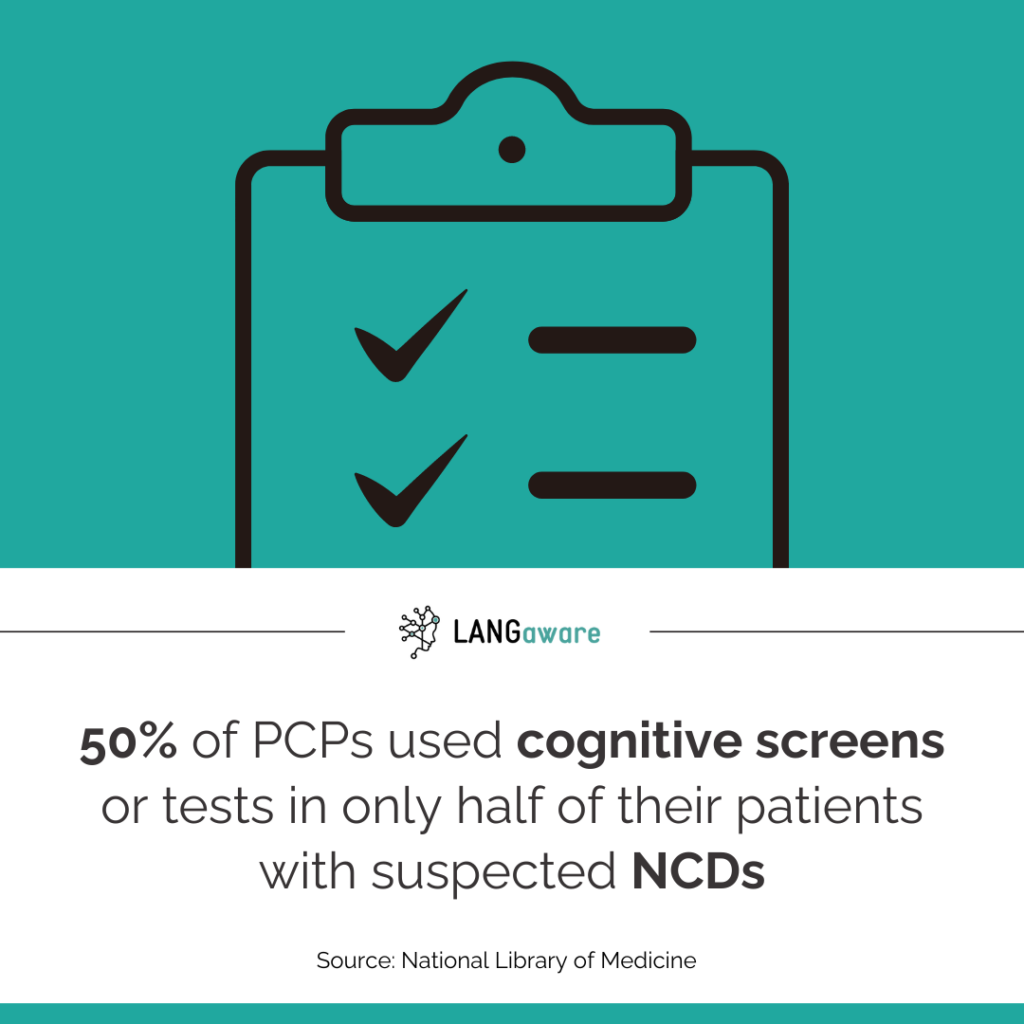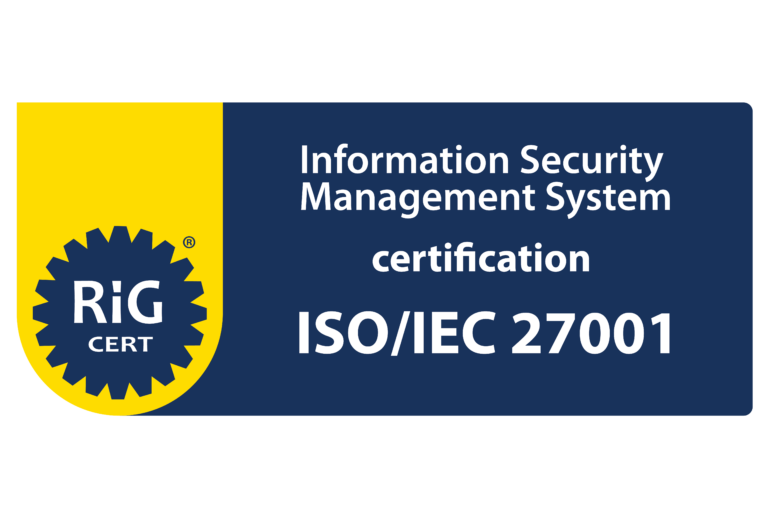Early detection of cognitive decline lays the foundation for proactive management and improved quality of life. By identifying subtle cognitive changes before they escalate, individuals have the opportunity to take control of their health, make informed decisions, and improve their quality of life. Timely intervention opens doors to a range of benefits that cannot be understated.
Early Detection of Cognitive Decline and Medical Treatment
Early detection of cognitive decline allows for timely access to appropriate medical treatments, therapies, and interventions. Pharmaceutical advancements and therapeutic strategies can be more effective in slowing down the progression of the disease when initiated early.
As of the latest research news, antibodies may have the ability to alter the disease course by targeting amyloid beta with immunotherapy medications such as donanemab, aducanumab, and lecanemab. Leqembi recently became the first FDA fully approved drug that aims to slow the progression of the disease.
In Lilly’s phase 3 clinical trial of 1,736 patients with mild cognitive impairment or early-stage disease, donanemab slowed the progression of Alzheimer’s by 29% after 18! The thinking goes that by targeting amyloid the earlier the greater efficacy for the disease progression could be slowed. This offers a chance for individuals to maintain their cognitive abilities and functional independence for a longer period.
Educating Healthcare Providers on Early Detection of Cognitive Decline
The challenge of early detection of mental health disease faces multiple barriers when it comes to taking action. According to a study published in the National Library of Medicine, 4 main patterns of these barriers were recognized, in the form of bad communication: primary care clinicians were reluctant to discuss the matter, patients showed hesitation when it came to raising concern, evidence that address cognitive decline was poorly communicated, and crucially, social and cultural context influence perceptions of brain health and cognition framed the conversation negatively.
It becomes clear from the above how important it is to shift the conversation towards educating healthcare professionals, patients, and caregivers, as well as the public in general, on early detection and cognitive decline.
What Can Public Health Agencies Do to Educate the Public on the Benefits of Early Detection
There are many actions that public health agencies can take to ensure the message of early detection is conveyed, all of which have to do with approaching the matter in a culturally relevant and sensitive way. For example, training providers to engage their patients in culturally sensitive conversations about mental health would be a great first step; it’s not enough to talk about the value of early detection, it should be done in a way that everyone can understand and relate to.
On a related note, it’s important to talk about mental health prevention within a safe and understanding environment, one that is free of prejudice, false information, and myths. For this reason, it would be valuable to introduce more data in the conversation, like those provided by the CDC, the Alzheimer’s Association, and other institutions. Case in point, according to Alz.com, as many as half of people living with dementia have never been diagnosed, a fact that can be directly attributed to a lack of preventive actions.
All the above should be framed in a way that the sum of people, directly involved or not, have a common ground as to how to approach, engage, and treat people with mental health issues. This is why, on the one hand, it would be beneficial to have a partnership with all levels of educational establishments in order to include dementia awareness in their curricula. On the other hand, it is vital to establish and enhance direct relationships with patients with mental health and their caregivers. It takes a village to care for the elderly, and people should know that public health agencies are aware of this.
Empowering Families and Caregivers
Early diagnosis provides individuals and their families with the crucial gift of time. It enables comprehensive care planning, allowing families to better understand the disease trajectory and make informed decisions about future care options, financial arrangements, and legal matters, and also reduces unnecessary referrals.
Recognizing dementia in its early stages can also alleviate the burden on caregivers. Early planning and interventions enable caregivers to access resources, support networks, and training that equip them to provide the best possible care for the patients.
Early Detection of Cognitive Decline and the Promise of Online Assessment
When it comes to spotting signs of early cognitive decline, we look for various clues, like changes in mood, memory lapses, and difficulties with everyday tasks. But is there a simpler and less invasive way to help doctors diagnose it early on before it gets worse?
Well, the answer is yes! Thanks to the wonders of linguistic indicators and the convenience of online testing, we’ve made it easier for everyone. Online cognitive assessments are now one of the quickest, least bothersome, and most effective methods for catching cognitive decline in its early stages.
Online assessments have many benefits including accessibility, but can also remove barriers such as the stigma that patients may feel by going into an office setting to take a cognitive test. Online tests also provide the ease of being integrated into current technology the patient is already familiar with using.
While many online tests can be administered as a stand-alone assessment, they can also be combined with other assessments for a more precise diagnosis, especially for mild cases of cognitive decline.

Advancing Early Detection of Cognitive Decline
Primary Care Providers are turning to AI tools, such as LANGaware, which provide fast and accurate results, can be administered by their staff or patient at home, and can assist with a more precise diagnosis than using a pen and paper test only.
According to NIH, 50% of PCPs used cognitive screens or tests in only half of their patients with suspected NCDs, and only 20% reported they had high confidence in their ability to interpret cognitive testing results compared to 68% of specialists. Tests such as LANGaware have an 80% sensitivity and specificity, making LANGaware an ideal solution as a standalone assessment tool or in conjunction to complement the diagnosis.
Not only does this improve patient outcomes and lower the cost of care, but online assessments also improve access, and accuracy, while providing proactive care to the people who need it the most.







